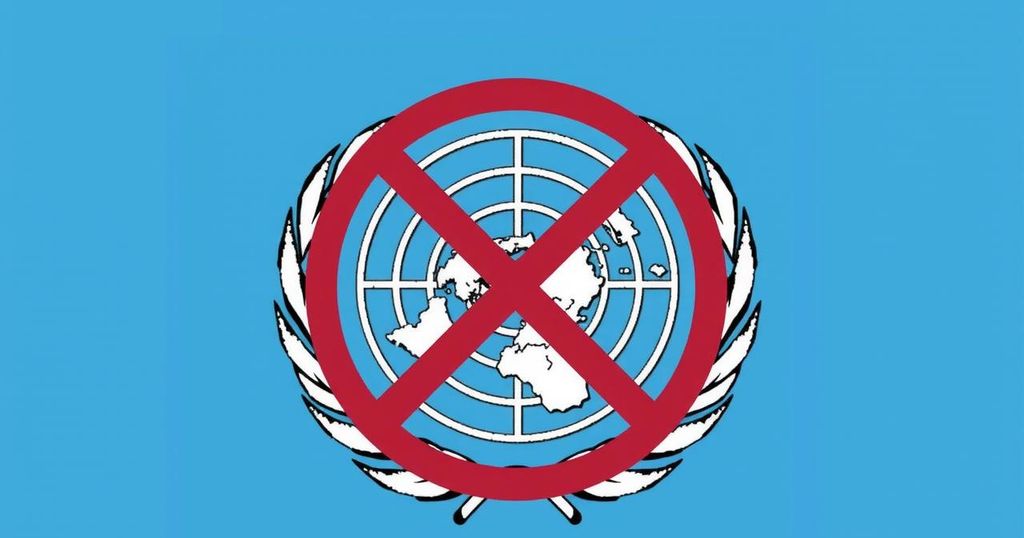Politics
ARGENTINA, ASIA, AZERBAIJAN, BAKU, DEMOCRACY, EUROPE, EUROPEAN UNION, FOREIGN POLICY, GROUP OF 20 NATIONS, INTERNATIONAL RELATIONS, ISRAEL, LOUSTEAU, MA, MARTIN LOUSTEAU, MILEI, NETHERLANDS, RICHARD SANDERS, SANCTIONS, SOUTH, SOUTH AMERICA, STATE DEPARTMENT, U. N, UN, UNION CIVICA RADICAL, UNIÓN CÍVICA RADICAL, UNITED NATIONS, WOODROW WILSON INTERNATIONAL CENTER FOR SCHOLARS
Omar El-Sharif
Argentina’s UN ‘No’ Vote on Gender Violence Signals Policy Shift
Argentina surprised the world by voting ‘no’ on a UN resolution against gender violence, marking a significant shift under President Javier Milei. This decision, characterized by backlash across political lines, aligns Argentina closer to conservative nations and deviates from its historically progressive foreign policies, raising concerns about its international standing and commitment to social issues.
In a shocking deviation from its reputation for progressive policies, Argentina cast the lone ‘no’ vote against a United Nations resolution condemning gender-based violence. This unprecedented move by President Javier Milei’s administration, aligning Argentina more closely with traditionally conservative nations, has incited widespread condemnation across the political spectrum. Critics are alarmed at the radical shift aimed at dismantling long-established foreign policy frameworks, which had previously promoted integration with the Global South and progressive social values. The fallout from this decision, alongside Milei’s cultural and diplomatic maneuvers, continues to reshape Argentina’s geopolitical positions and raise concerns regarding its international relations.
Argentina’s historical approach to foreign policy has been characterized by a commitment to social progressivism and integration with the Global South. This recent shift under President Javier Milei signifies a distinct break from these principles, aligning more closely with right-wing ideologies prevalent in the United States and Israel. Milei’s administration has sparked debates over its departures from long-standing policies regarding women’s rights and social equity, unsettling many who view these decisions as a regression in Argentina’s commitment to human rights and equality.
The recent decision by Argentina to oppose a UN resolution aimed at combating gender violence marks a significant departure from its previous stances on social issues. This shift, attributed to President Milei’s right-wing policies, reflects a broader trend of cultural conservatism that is reshaping Argentina’s international relations. As the country navigates these alterations, the implications for social progress and diplomatic partnerships remain to be fully realized.
Original Source: apnews.com








Post Comment